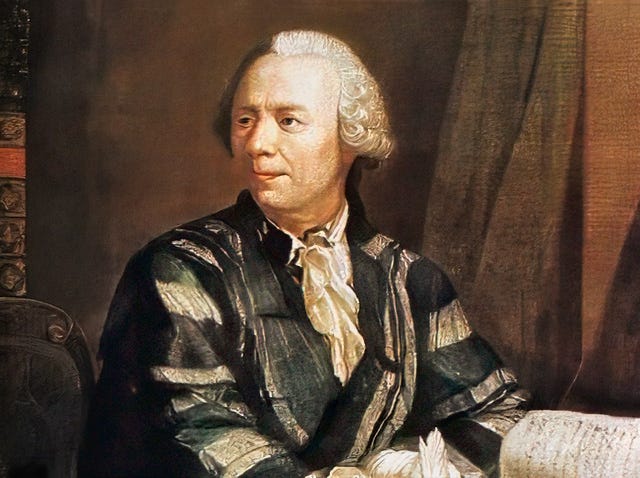Leaders of the city’s public sector unions on Tuesday voted to approve a new cost-saving health plan for active city workers and some retirees managed by EmblemHealth and UnitedHealthcare, even as some member unions protested that they did not have key details of the plan before the vote.
The Municipal Labor Committee, a consortium of 102 unions representing city employees, approved the plan with 88% of the weighted vote. The vote opens the door for the plan to go through a contract process with the Mayor’s office before it goes into effect, with an expected Jan. 1 launch.
The premium-free health plan covers some 750,000 city workers, pre-Medicare retirees and their dependents, and is expected to save the city $1 billion annually — money that unions are obligated to deliver under past labor agreements stretching back to 2009.
The five-year plan includes a national provider network, a highly-sought after perk for retirees, many of whom do not live in New York.
In a joint statement, the Municipal Labor Committee said the plan is “the outcome of years of research, deliberation and negotiations to develop a health plan that addresses what matters most to our members: comprehensive medical coverage, accessible care, and zero premiums.”
“We’ve been able to improve benefits, expand the network of providers while allowing our members to keep their existing doctors, and maintain premium-free health care without increasing out-of-pocket costs — especially important in an economic climate where every cent counts for our members’ bottom line,” the statement read.
The move to the new health plans comes as part of a years-long joint effort that began under former Mayor Bill de Blasio to achieve billions of dollars in health-care savings as part of collective bargaining agreements that yielded long-awaited raises for city workers.
A major part of that cost-savings effort, a planned move to privately run Medicare Advantage coverage for retirees, collapsed following widespread backlash, including lawsuits and protests from city retirees who said they would lose doctors and face tighter restrictions on care.
After winning a unanimous decision from the state’s highest court earlier this year that would have let Medicare Advantage proceed, Adams — who until this week was running for reelection — abandoned the move anyway, saying the city had found other ways to realize the savings. The MLC remains locked in a legal battle with the Adams administration over which side is responsible for what City Hall says is $4 billion in unrealized savings the unions had committed to in their contracts.
Mayor Eric Adams hailed the MLC vote approving the new health plans, predicting those will increase coverage for city workers and reduce enrollee costs.
“City employees dedicate their lives to making our city a better place and looking out for their fellow New Yorkers,” he said in a statement. “They deserve the absolute best health care and benefits we have to offer, and, with this plan, we are giving them exactly that.”
But the details of the current plan are unclear: union leaders were only given the opportunity to review a redacted version of the contract before Tuesday’s vote, sources told THE CITY, frustrating those leaders and their rank-and-file members.
Others said they were concerned about the projected $1 billion savings, with David Nicholson of the Police Benevolent Association saying they are “not guaranteed,” according to audio from the meeting that was obtained by THE CITY.
If the plan does not achieve its savings target, said Nicholson, then other perks such as prescription drug benefits and the survivor’s benefits for uniform officers, may be at risk; the PBA voted to reject the plan.
The plan that we’re voting on today might not be the plan that we’re looking at in a year from now, when the city comes back and sees that the savings are kind of speculative in our view, and not guaranteed,” he said.
Those concerns were echoed by the president of the staff and faculty union at the City University of New York.
“My members are concerned with what might not be there because of redactions that we don’t have access to, about what the conditions would be under which we do end up back at the table,” said James Davis, president of the Professional Staff Congress-CUNY, which abstained from voting.
The plan, however, was approved thanks to the votes of the United Federation of Teachers and District Council 37 which, on account of the consortium’s weighted voting structure, jointly represent about 60% of votes.
Additional reporting by Reuven Blau.
.png)




